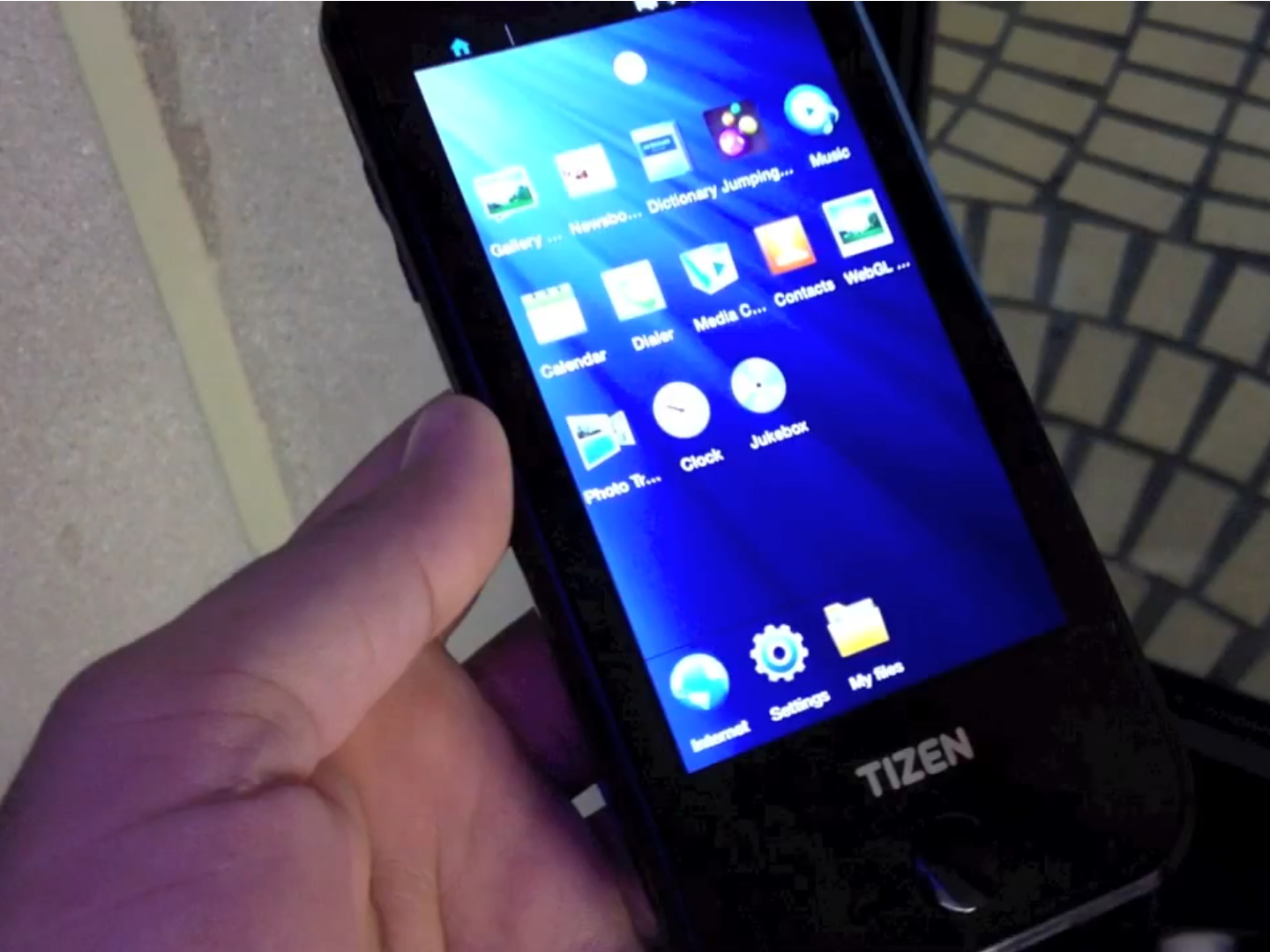Samsung Backing Linux-based Tizen With $500,000 Seat
Samsung will reportedly announce that it has joined the Linux Foundation at the highest level.
Get Tom's Hardware's best news and in-depth reviews, straight to your inbox.
You are now subscribed
Your newsletter sign-up was successful
Business Insider reports that South Korea-based Samsung will soon announce that it joined the Linux Foundation at the highest level, Platinum, costing a meaty $500,000 USD. Currently only six other companies have joined the foundation at that level: IBM, Oracle, Intel, Fujitsu and Qualcomm Innovation Center.
Buy purchasing a Platinum membership, the move will grant Samsung a seat on the Linux Foundation's board and more control over the iOS and Android alternative currently in the works, Tizen. Like Android, it's a free and open source mobile operating system based on Linux but with strong support for HTML5 and other web standards, ditching the Qt application framework.
"Having just recently [in Q1 2012] beat out Nokia to become the world's largest maker of mobile phones, this announcement also makes it clear how Samsung will now try to attack Apple's position with both the Linux-based Android and Tizen platforms," a Linux Foundation spokesperson told Business Insider.
Last month, Sprint Nexel announced that it joined the Tizen Association and that Fared Adib, vice president and product chief, was joining the Tizen board of directors. At the time, Sprint was the first North American carrier to be a part of the Tizen Association, and joined other carriers from around the globe including NTT DOCOMO, Orange, SK telecom, Telefónica and Vodafone.
"Sprint continues to support an open mobile ecosystem that enables choice for Sprint customers, and Tizen provides another open and flexible environment for developers to create innovative applications for end users," the company said. "The Tizen software development kit (SDK) and application programming interface (API) allow developers to use HTML5 and related Web technologies to write applications that run across multiple device categories, such as smartphones, tablets, smart TVs, netbooks and in-vehicle infotainment devices."
Tizen 1.0 was previewed just last month, showing that it's designed to support a number of high-end smartphone features. These include support for HD screen resolutions, tethering, NFC, 4G LTE and more. Best of all, it's designed to work on both ARM and x86-based SoCs, and use up to 1 GB of RAM. The new mobile OS even supports cameras, touchscreens and other sensors.
As Business Insider points out, the Linux Foundation has connections with 800 companies and 8,000 developers, many of which are "zealots" for Linux and open source platforms. That's an extremely large base of developers with input on a new mobile OS and the means to develop apps for the platform.
Get Tom's Hardware's best news and in-depth reviews, straight to your inbox.
Should Google be scared?

Kevin Parrish has over a decade of experience as a writer, editor, and product tester. His work focused on computer hardware, networking equipment, smartphones, tablets, gaming consoles, and other internet-connected devices. His work has appeared in Tom's Hardware, Tom's Guide, Maximum PC, Digital Trends, Android Authority, How-To Geek, Lifewire, and others.
-
ukee1593 My 2 cents ...Reply
$500 000 USD seat? For a company like Samsung this is chicken feed! Samsung will be spending a lot more than that developing prototypes for this OS (which are (ATM) most probably just a respin of Android hardware!)
Should Google be scared? ... no! At the moment $500 000 will be Samsung just getting a "foot in the door" in case Tizen takes off sometime soon!
-
mihaimm ukee1593Should Google be scared? ... no! At the moment $500 000 will be Samsung just getting a "foot in the door" in case Tizen takes off sometime soon!Samsung already has Bada and that's getting nowhere. They need an OS that's free and open source (until now Android would fit) and it's not backed by a single company (there goes Android). While there are many companies contributing to Android, Google is in control. And I get the distinct feeling that after the Motorola acquisition, nobody is too pleased with that. Tizen on the other hand is exactly what Sammy needs. Especially with Qualcom & Intel already there... Competition is good!Reply -
maqsabre Tizen should prove a worthy alternative to android,Reply
as it also supports all of the android apps -
ukee1593 ^^ Will Tizen have enough patents behind it to protects it from Patent Trolls like Apple and Microsoft?Reply -
wintermint "By* purchasing a Platinum membership" not buy lol :P otherwise this is interesting because more platforms equal more competition which will lead to better innovation and possibly price drops :)Reply -
Bloob maqsabreTizen should prove a worthy alternative to android,as it also supports all of the android appsI hadn't heard about that, but it makes little difference if Google doesn't allow Play Market in there.Reply -
eddieroolz ReplyThe new mobile OS even supports cameras, touchscreens and other sensors.
My god, didn't know this was a new feature.
Now, let's hope this new "open source" OS is coded better than Android.
